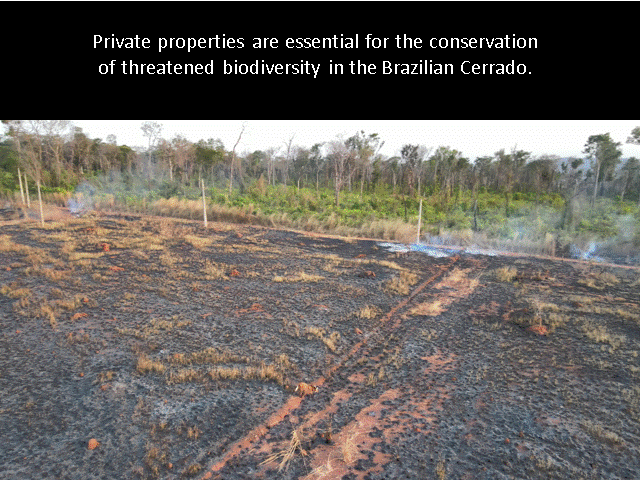Our paper is out! Learn how mining threatens isolated indigenous peoples in the Amazon
- Sara Villén-Pérez

- Dec 1, 2021
- 2 min read
Updated: Dec 2, 2021

The Brazilian Amazon is home to more isolated indigenous societies than any other region on the planet, with at least 120 groups. These peoples lack permanent relationships with other societies, indigenous or not. Many of them are aware of the existence of other societies, but have voluntarily chosen to exercise their right of isolation as a survival strategy, after suffering historical episodes of contact associated with violence and epidemics.
Most live on indigenous lands, a type of protected area that was designed to defend their rights. However, these territories are in danger because they contain large reserves of untapped minerals, mainly gold. At the moment, mining activities on indigenous lands are not allowed, although the president of Brazil, Jair Bolsonaro, is trying to push forward a bill (PL191/2020) to open up indigenous lands to mining.
Our study has evaluated how isolated indigenous groups in the Brazilian Amazon would be affected by the approval of this bill, considering the extraction requests that the National Mining Agency has received to date. The study has been developed by the University of Alcalá (UAH, Spain) in collaboration with the National Institute for Research in Amazonia (INPA, Brazil) and has been published in the journal Global Environmental Change.
Sara Villén-Pérez, researcher at UAH and author of the study, explains that, if bill PL191/2020 is approved, mining operations will affect 25 indigenous lands that are home to 43 isolated groups. The situation is especially worrisome for 21 groups, whose land accounts for the majority of mining requests. The impact of these operations would be added to the massive invasion of illegal gold miners, which is causing hundreds of indigenous deaths as a result of the spread of COVID-19.
Ten million hectares affected
To date requests for permits to prospect and operate on indigenous lands with isolated groups affect more than 10 million hectares, an area comparable to that of Iceland. In addition, Brazil's National Mining Agency is working to attract even more investors, and the interest in Brazilian indigenous lands is expected to increase if mining activity is officially allowed, as has already happened in the Amazon region of neighbouring countries.
The study shows that the work developed by the National Indian Foundation (FUNAI) for the study of these isolated societies and now paralyzed by the administration of the Bolsonaro government, is essential for their protection. Philip M. Fearnside, co-author of the study, assures that the opening of indigenous lands to mining will be a chronicle of death foretold for these peoples. "Despite the fact that Brazil has solid policies aimed at protecting uncontacted indigenous peoples, the governance difficulties in the Amazon have worsened in the current Brazilian political scenario and there is no guarantee of a safe coexistence between mining operations and these peoples".
The authors conclude that the Brazilian government should invest in studying the location and vulnerability of known isolated indigenous groups in the Brazilian Amazon, and should not allow any increase in development pressure that could result in the extinction of unique peoples, societies and cultures.
Bibliographic reference: Villén-Pérez S., Anaya-Valenzuela L., Conrado da Cruz D., Fearnside P.M. “Mining threatens isolated indigenous peoples in the Brazilian Amazon”. Global Environmental Change, 2021. https://doi.org/10.1016/j.gloenvcha.2021.102398
You can see a video resumen of the main results here:




Comments